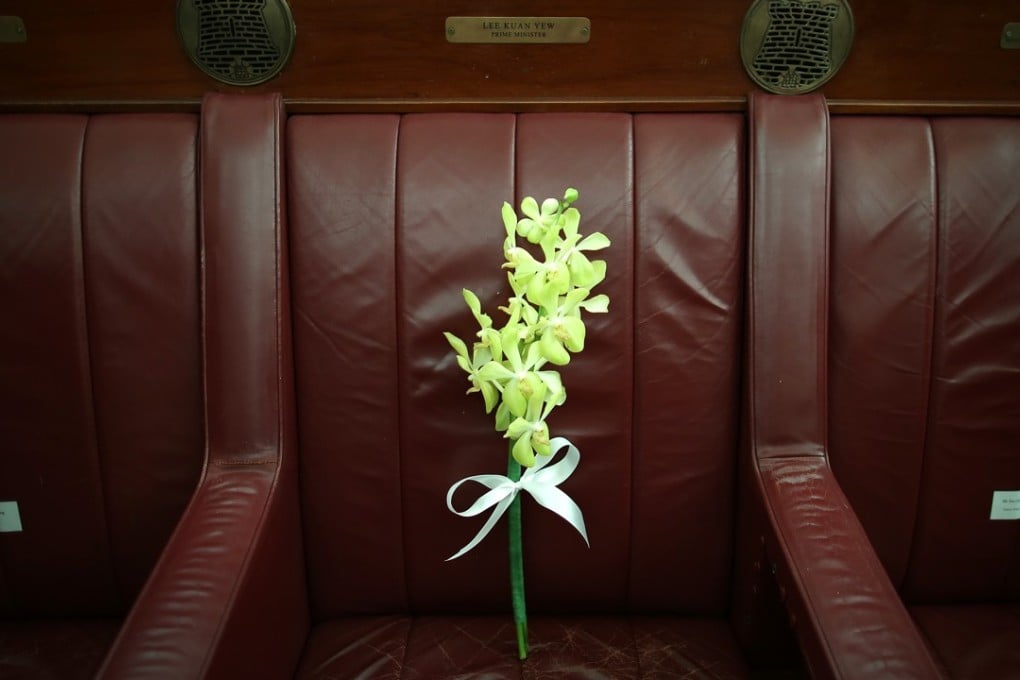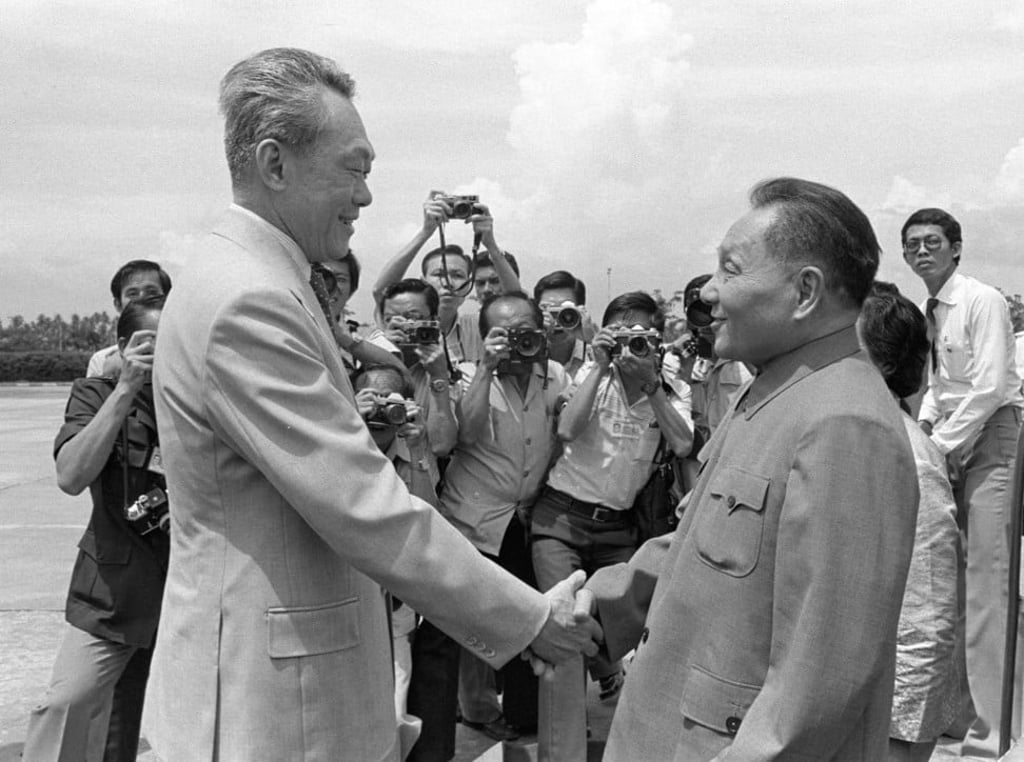Singapore must preserve Lee Kuan Yew’s home, as a monument to his ideas
Robert Boxwell says Singapore’s founding prime minister was proof, at a time when proof was needed, that Asians could govern democratically and without corruption. For this and other achievements, his legacy ought to be remembered

Lee Kuan Yew was decades-long proof that the ability to govern democratically and without corruption has nothing to do with DNA. He routed the cynical shibboleth of democracy’s enemies – the largest collection of whom are in Beijing – that it somehow wasn’t suited to the Chinese. And he routed the stereotype in the West that Asians couldn’t govern cleanly.
After sweeping to victory in Singapore’s first elections in 1959, Lee never had to declare a “crackdown” on corruption. His People’s Action Party’s (PAP) raison d’être was a crackdown on graft. When Singapore prosecuted the corrupt, it wasn’t a factional war or a settling of political scores. It was prosecution of corruption. When one of his prosecutors later went wrong himself, a hiatus in an otherwise upright career, Singapore prosecuted him. People got the message.
A much older man, Mao Zedong ( 毛澤東 ), was Lee’s political contemporary for close to two decades. It was a cruel god who gave so few people Lee and the PAP, and so many people Mao and the communists. Their differences couldn’t have been more stark. A communist ideologue, Mao had little success in the job, killing or causing the deaths of millions of Chinese. Mao’s first trip outside China was a humiliating visit to Moscow, where he spent several days being first ignored, then talked down to by Joseph Stalin. Lee, Cambridge-educated, worldly, multilingual, was frequently sought for his advice by Western leaders.
Mythical figure, tough leader, ultimate visionary: tributes flow in for Lee Kuan Yew
Asia’s leaders sought his advice too. Meeting Deng Xiaoping (鄧小平) in 1978, when China and Russia were vying for influence in Southeast Asia, the two discussed the issue. As Lee put it, “there were no ‘overseas Russians’ in Southeast Asia … there were ‘overseas Chinese’”, and Beijing was broadcasting messages to them and trying to “subvert” them. Lee told him why that was not helpful to Beijing. Later, when Deng needed a model to study as he tried to open up China, Singapore was a favoured destination.
Sixty years later, Singapore’s results speak for themselves
When I first began working in Asia 25 years ago, my link to home would be overpriced Western newspapers available in hotel lobbies. It’s not news that Western reporters didn’t like Lee. After a while, including long periods of time spent in Singapore, their complaints resonated less. One need only look at the media chaos in the United States today to know that demanding exactitude from the press has some merit. He was hard on political opponents too, but that mostly meant packing them off to the poor house. Mao put a bullet in the heads of his political opponents.
